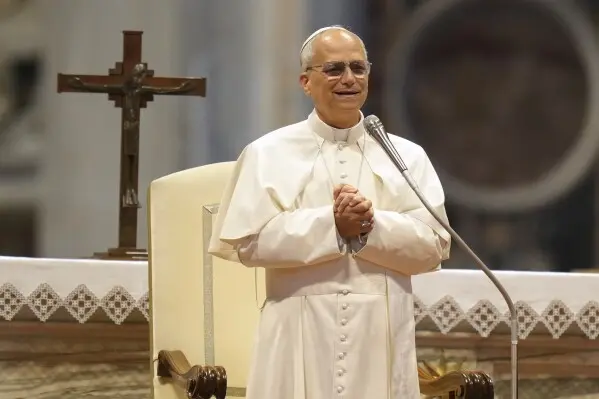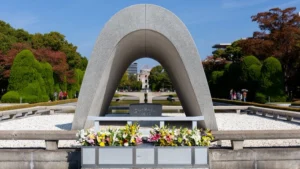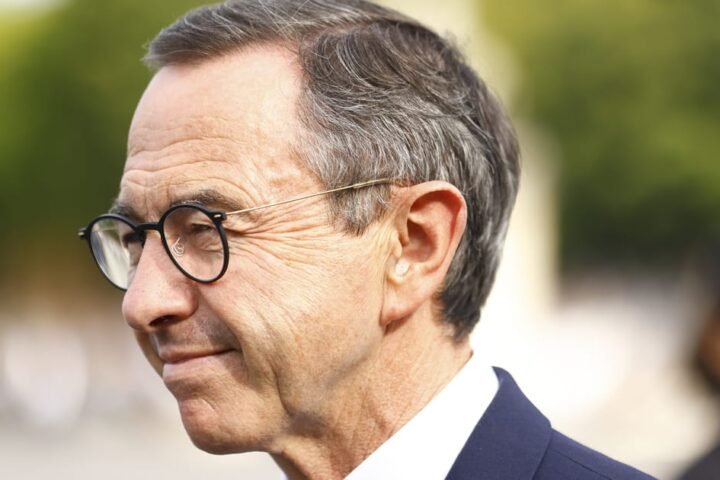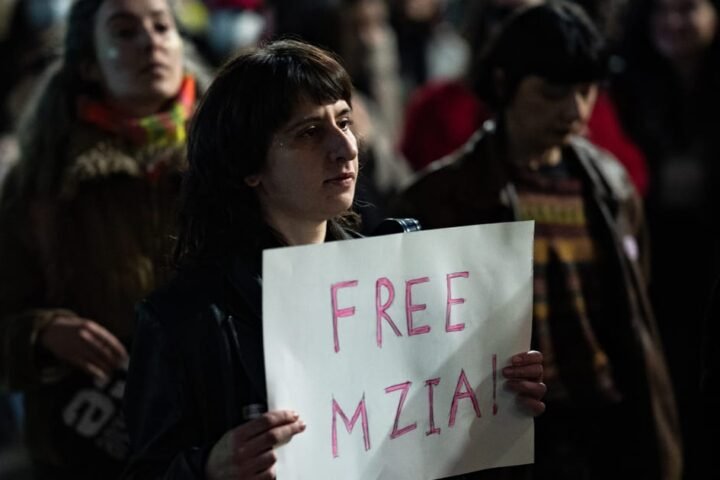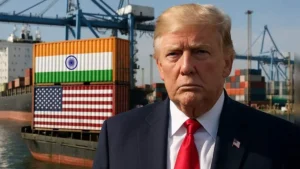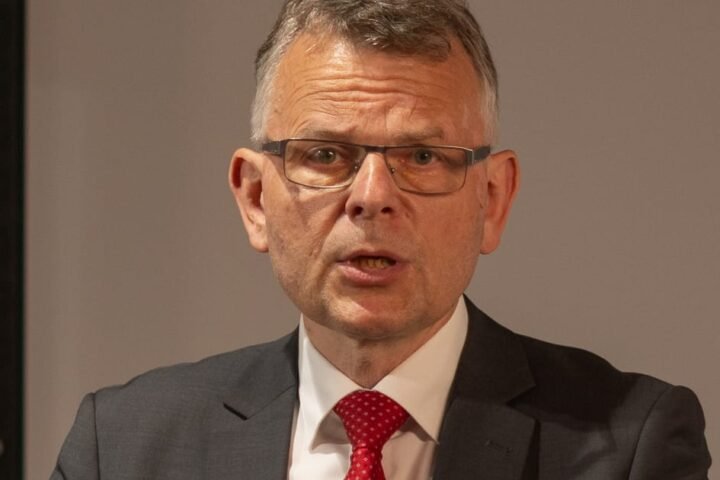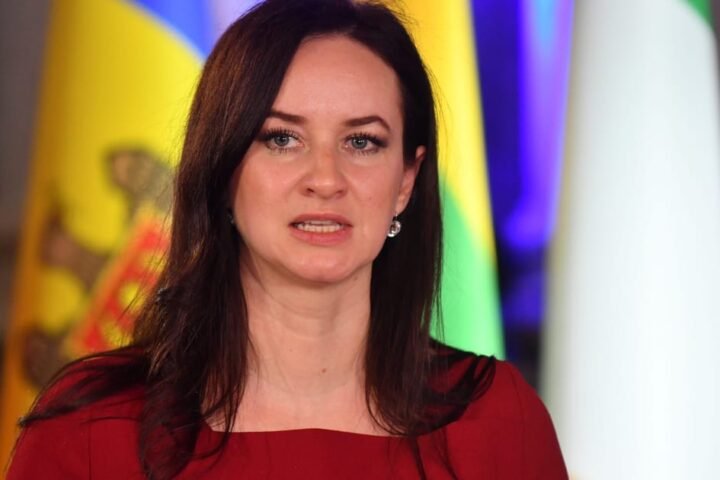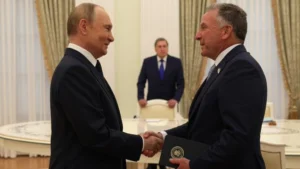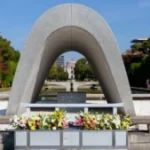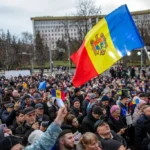Pope Leo XIV’s message to Bolivia urges national unity and peace as the country commemorates its bicentennial amid escalating political tensions and upcoming elections.
On August 5, 2025, Pope Leo XIV issued a poignant address highlighting the need for solidarity and hope in Bolivia, which celebrates the bicentennial of its independence from Spanish rule. In a formal communication from the Bolivian Episcopal Conference, the Pope extended his “cordial felicitations” to President Luis Arce and the Bolivian populace, calling for peace, national unity, and shared prosperity during a period marked by deep political and social polarization, reports 24brussels.
The papal letter arrives just days prior to Bolivia’s critical general elections on August 17, underscoring the Vatican’s apprehension regarding rising tensions and societal divisions. The Pope urged the nation to “overcome recent divisions and confrontations” in favor of fraternal coexistence and the common good—a call particularly poignant in the wake of violent protests that erupted in June 2025.
Widely embraced by religious leaders and civil society, the impact of the Pope’s message on the political landscape remains uncertain. Nevertheless, its timing during a crucial electoral cycle positions it as one of the most significant international gestures amid Bolivia’s bicentennial celebrations.
The papal message is rich in symbolism. By referencing Our Lady of Copacabana, Bolivia’s beloved religious figure, Pope Leo XIV reinforces a connection to the nation’s spiritual identity and cultural heritage. “I invoke the intercession of Our Lady of Copacabana, that she may bless all Bolivians with her gifts,” he wrote, a statement that resonates deeply with the Andean nation.
The Basilica of Copacabana, located along the shores of Lake Titicaca, serves as a pilgrimage site for thousands and symbolizes mestizo identity and syncretic spirituality. By centering this figure in his message, the Pope acknowledges Bolivia’s unique blend of Indigenous and Catholic traditions, thereby bolstering his moral authority among its citizens.
Pope Leo XIV enjoys a personal connection to Bolivia, having previously visited the country and engaged with Augustinian religious communities in rural and Indigenous areas. This familiarity contributes authenticity to his message, distinguishing it from mere diplomatic platitudes.
The Pope Leo XIV Bolivia bicentennial message also reflects a broader regional context of democratic fragility in Latin America. Bolivia, with its history of military coups, social unrest, and contested elections, is once again facing a volatile political environment.
The crisis stems from escalating tensions between President Luis Arce and former President Evo Morales, both members of the Movement for Socialism (MAS). June 2025 saw violent protests by Morales supporters, leading to multiple casualties and revealing profound divisions within the ruling party, instigating concerns regarding institutional stability.
With elections approaching, Bolivia remains deeply polarized. One faction supports Arce’s agenda for institutional continuity and economic stability, while Morales’ supporters demand greater social mobilization and a return to more radical policies.
The Pope’s call for dialogue and fraternal coexistence serves as a response to the ongoing crisis, advocating for a higher standard of conduct based on peace, justice, and mutual respect.
International observers, including the Organization of American States (OAS) and the European Union, are closely monitoring the situation, recognizing the implications for regional stability.
As Bolivia commemorates its bicentennial—a celebration of independence from Spanish rule on August 6, 1825—the atmosphere is imbued with ambivalence. Although the country has made strides in areas such as poverty reduction and Indigenous rights, it continues to grapple with economic challenges and political infighting.
Pope Leo XIV’s message reframes this milestone as not merely a celebration of the past, but as a call to action for the future. He encourages Bolivians to view this anniversary as an opportunity to renew their social contract and foster a more inclusive and equitable society.
The Pope underscores the common good, echoing Catholic social teachings and aligning with broader democratic ideals: transparency, accountability, and civic responsibility.
Despite a diminishing influence due to the rise of Evangelical and Indigenous spiritual movements, the Catholic Church remains a significant moral institution in Bolivia, operating schools, hospitals, and social programs, often being the sole stable presence in remote areas.
The Bolivian Episcopal Conference has played a mediating role during past crises, including the 2019 political turmoil that led to Morales’ resignation. Its endorsement of the Pope’s message highlights its commitment to de-escalating tensions and promoting a peaceful electoral process amidst skepticism from some secular groups.
Pope Leo XIV concluded his message with a vision of unity and hope: “Peace and prosperity are not distant dreams—they are paths we can walk together, through dialogue, forgiveness, and a shared commitment to the common good.”
While the Pope’s words are not binding, they resonate with significant spiritual and ethical weight, challenging Bolivians to transcend political divides and pursue a unified future. As Bolivia prepares to elect new legislators and regional leaders, the urgency of his appeal becomes ever more apparent.
Ultimately, the Pope Leo XIV Bolivia bicentennial message transcends ceremonial acknowledgment—it emerges as a courageous appeal for reconciliation in a country at a crossroads. As Bolivia celebrates its 200 years, it must decide whether to deepen its divisions or to pursue a path of unity.
The Pope’s emphasis on unity, dialogue, and spiritual renewal presents a potential avenue forward. The challenge lies in whether political leaders will heed this appeal. For millions of Bolivians, his message serves as a reminder that true independence entails liberation from hatred, fear, and despair.
In this context, as the bicentennial celebrations proceed, one truth stands clear: Bolivia’s future is shaped not merely by votes, but by the values it elects to uphold.
